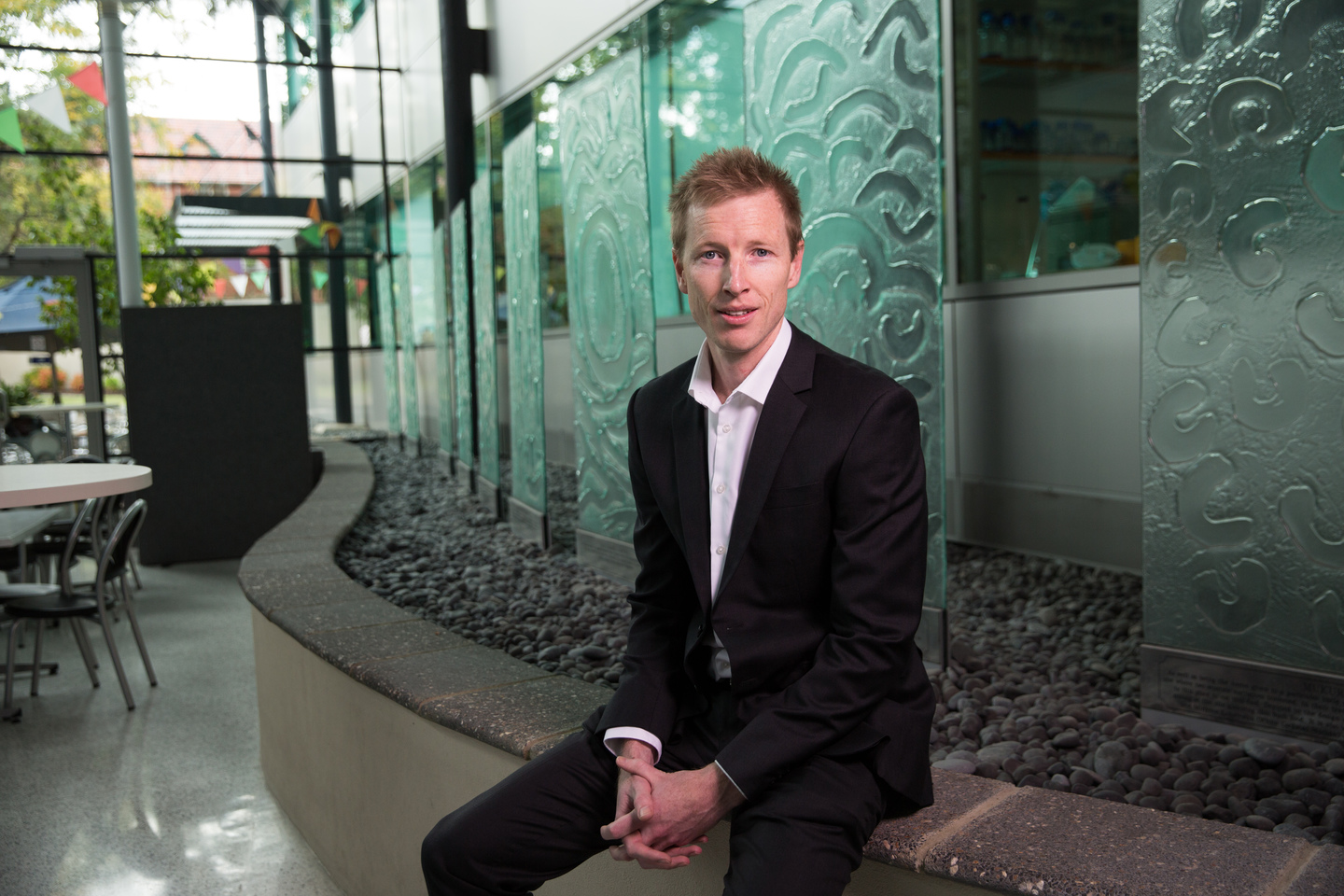A company targeting treatment of blindness was announced as the WA Innovator of the Year on Wednesday night.


A company targeting treatment of blindness was announced as the WA Innovator of the Year on Wednesday night.
Vision Pharma is 90 per cent owned by ASX-listed PYC Therapeutics, with 10 per cent held by the Lion’s Eye Institute.
The company’s VP-001 medicine is intended to correct the impact of a genetic mutation which causes Retinitis Pigmentosa type 11, an eye disease which causes blindness.
It is the most common form of inherited retinal disease, with about one in every 3000 to 4000 people globally impacted, usually culminating in blindness before 50 years of age.
PYC executive director Rohan Hockings said the company was making precision medicines for disease, and the key development was the delivery platform.
It has a unique way to get inside cells, Dr Hockings said.
“The strongest trend in the pharmacological industry is precisional genetic medicines,” he told Business News.
Those are medicines that act at the DNA or RNA level.
Dr Hockings said the Retinitis Pigmentosa treatment was first developed in a doctoral thesis by a Murdoch University student, working with famed Western Australian scientist Sue Fletcher.
PYC brought the delivery technology.
Vision has recently been working towards clinical trials in the United States, and has nearly completed preclinical trial work.
Results on evaluation work with monkeys is due in the next fortnight.
It will be about 12 months before human clinical trials take place in conjunction with Lions Eye Institute.
“The really great thing about precision medicines, they are five times as likely as the industry standard to be successful,” Dr Hockings said.
“Rare diseases individually are uncommon, but collectively they are common.”
About 7 per cent of people have a rare disease, he said.
The Business News Great for the State platinum award winner was VeinTech, a startup hoping to solve the problem of cannulation failure.
Cannulation is used to deliver fluids and medication into a patient’s veins.
But the veins can be missed, leading to poorer patient care.
VeinTech developed the VeinWave, which is at proof of concept stage, a portable device to find and target veins.
The company won the Perth BioDesign course in 2019.
Other winners included Woodside Oil & Gas platinum award winner Sapien Cyber, Wesfarmers wellbeing platinum award winner VitalTrace and Rio Tinto emerging innovation winner Navier Medical.
Sapien was spun out of research by Edith Cowan University, and works in the field of cyber security.
Navier Medical is using machine learning to target cardiovascular disease.
The company's Apricot product combines optical coherence tomography and an anagram, with artificial intelligence working to create a 3D image of the heart.
It was supported by the Harry Perkins Institute for Medical Research and University of Western Australia.
Halls Head-based Roofus Tools won the Rio Tinto growth innovation prize for its carpentry tools, which are distributed in five export markets.













